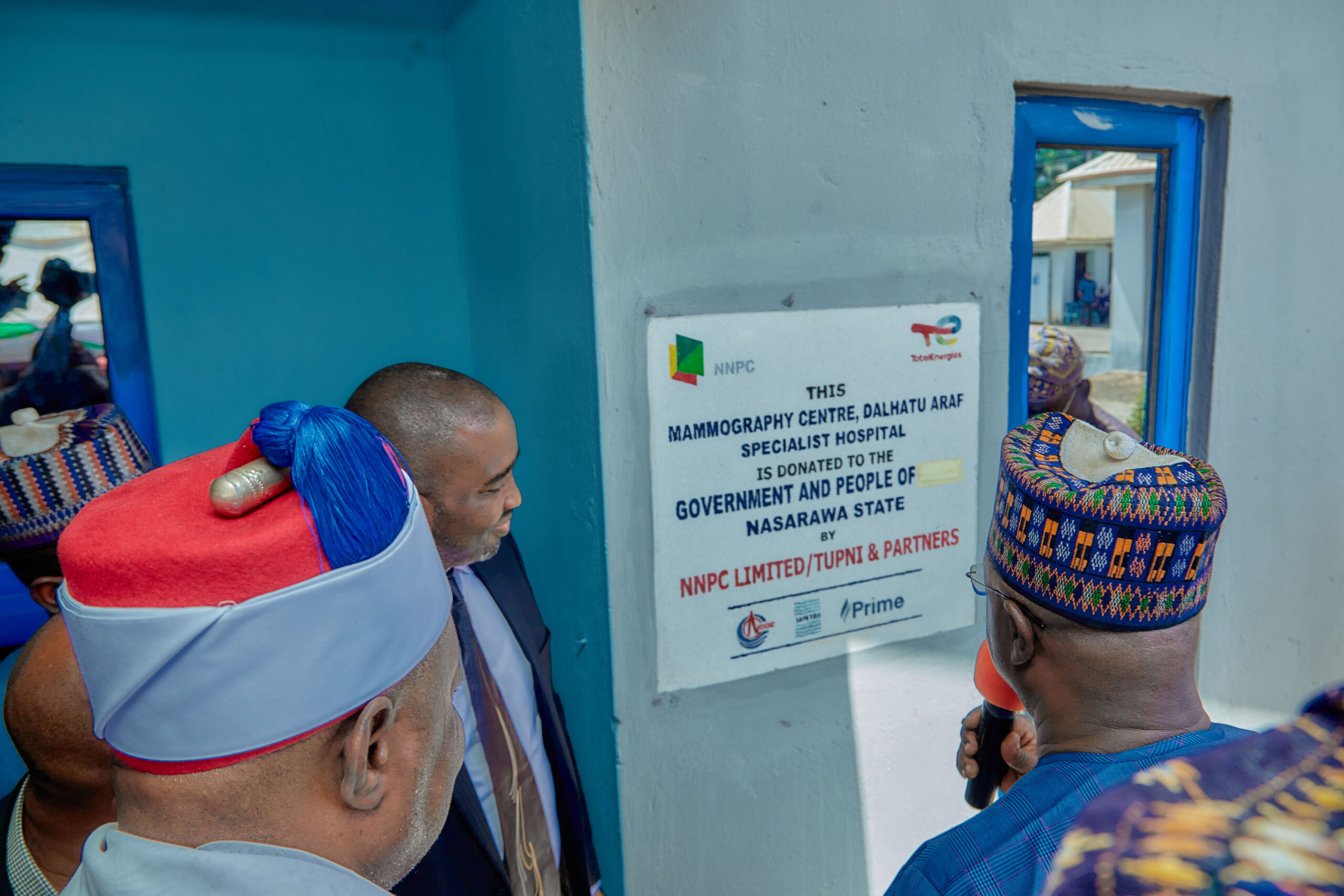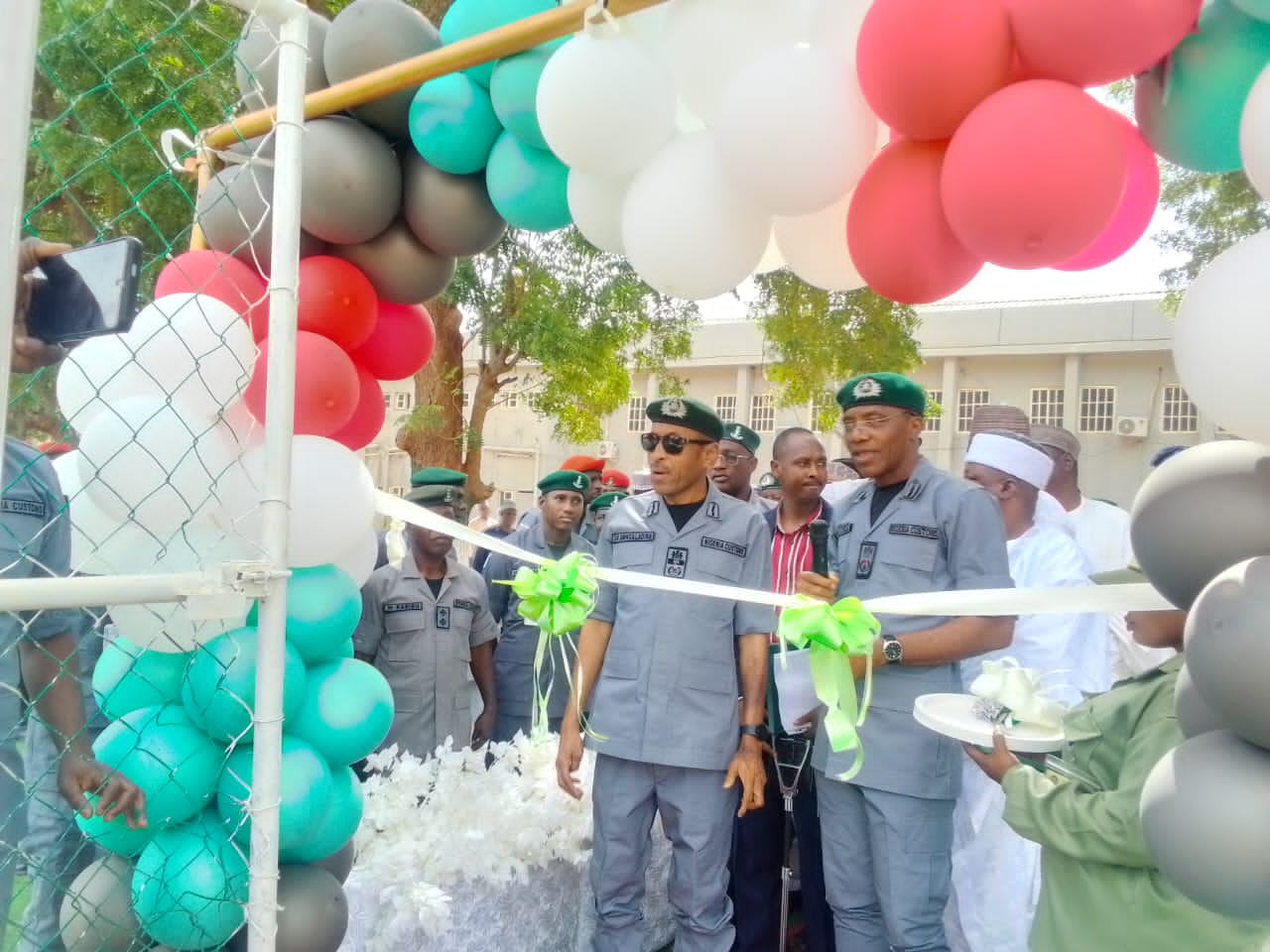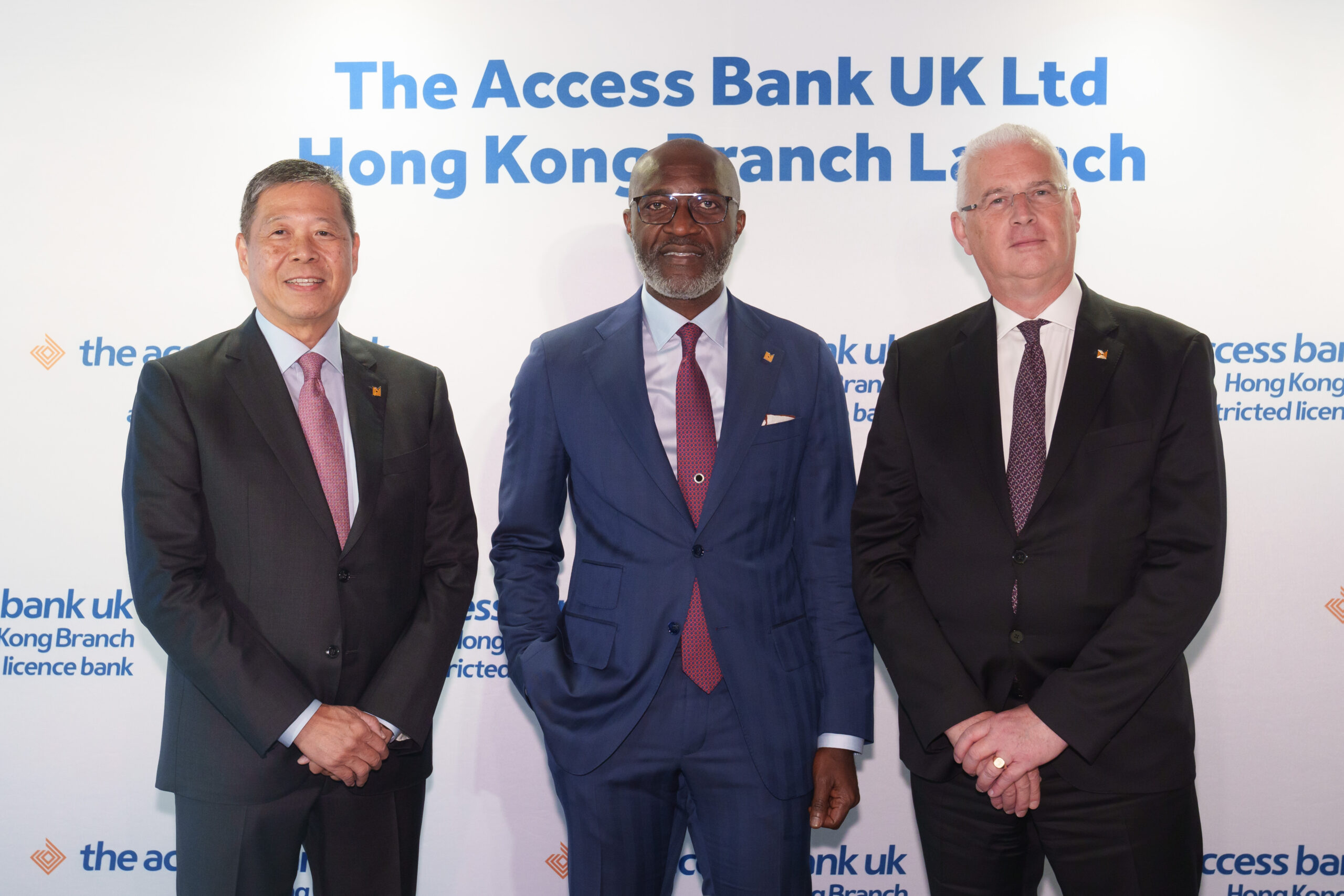
NNPCL,Partners Inaugurate Mammography Centre To Fight Cancer
Mohammed Shosanya The Nigerian National Petroleum Company Limited (NNPC Ltd), along with its partners – TotalEnergies Upstream Nigeria Limited, SAPETRO, CNOOC, and PRIME 130 – has inaugurated a















